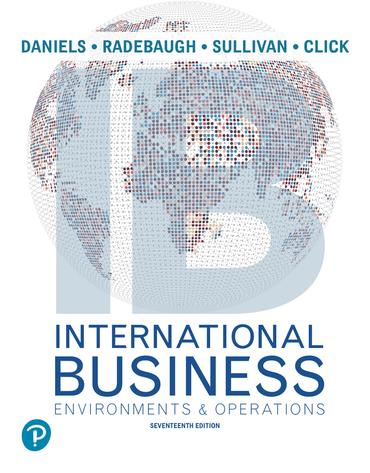On November 30, 2015, the International Monetary Fund announced that the Chinese yuan, also known as the
Question:
On November 30, 2015, the International Monetary Fund announced that the Chinese yuan, also known as the renminbi (RMB or “people’s currency”), would finally join the U.S. dollar, the euro, the British pound, and the yen in the basket of reserve currencies also known as SDRs or Special Drawing Rights. The yuan is the official currency of China.
Yuan has been historically fixed and controlled by the Chinese government. As China becomes a greater global exporter and economic powerhouse, critics are claiming that the currency is being undervalued and manipulated to protect domestic markets. Domestic and international pressures have forced the Chinese government to review the status of its currency. Given these pressures, China took an historic step on July 21, 2005, and de-linked the yuan from its decade-old peg to the U.S. dollar in favor of a currency basket.
As China moved closer to the yuan being accepted as a global currency in late 2015, it allowed the yuan to appreciate against a basket of currencies by more than 30 percent, and by 10 percent alone from mid-2014 to mid-2015.
Questions
1. Why is it important for the Chinese yuan to become a major world currency? What are the risks for China?
2. What role do foreign banks like HSBC and electronic platforms like Thomson Reuters and ICAP play in helping the yuan move closer to becoming a global currency?
3. Why is the yuan being used more widely in global business transactions? Do you think it will ever replace the dollar or the euro? Why or why not?
Step by Step Answer:

International Business
ISBN: 9780137392322
17th Edition
Authors: John D. Daniels, Lee H. Radebaugh, Daniel P. Sullivan, Reid W. Click





